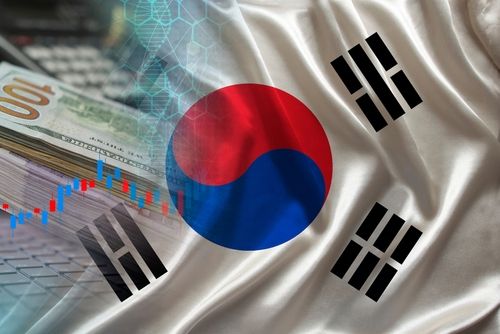
U.S. and South Korea Agree on Reduced Tariffs and Investment Pact
President Donald Trump announced on Wednesday that the United States will impose a 15% tariff on South Korean imports, lowered from the previously threatened 25%, as part of a new trade agreement aimed at easing tensions with the key Asian ally and one of America’s top-10 trading partners. As part of the deal, South Korea committed to investing 350 billion in U.S. - based projects selected by the Trump administration and agreed to purchase American energy products worth 100 billion.
The announcement followed a White House meeting between Trump and South Korean officials amid a flurry of trade negotiations globally, as nations hurried to finalize deals before a scheduled tariff increase deadline on August 1. Trump hailed the agreement on his social media platform, Truth Social, describing it as a "Full and Complete Trade Deal" with the Republic of Korea.
Responses from Seoul
South Korean President Lee Jae Myung, who took office in June, welcomed the agreement for resolving uncertainties in trade relations and noted that the U.S. tariff rates would be kept at or below the levels applied to major competitors. Lee described the accord as surpassing a significant obstacle in a Facebook post.
Trump revealed that Lee is expected to visit the White House within two weeks to meet him for the first time. According to Trump, South Korea will lift import duties on American autos and agricultural products entering its market. Nevertheless, top Korean officials confirmed no further opening of rice and beef markets, with ongoing discussions concerning U.S. demands around food safety standards.
Citi economist Kim Jin-wook observed that while the headline tariff reduction appears favorable to the U.S., South Korea’s maintenance of non-tariff barriers and tariff parity with Japan and the EU provides Seoul with advantages.
Former South Korean trade minister Cheong In-kyo agreed that the country avoided the most severe outcomes but cautioned that public opinion might change depending on the execution of the 350 billion investment commitment. The specifics of the investments - such as their exact scope,funding sources,timelines,and enforceability—remain uncertain.
Kim Yong−beom, a senior figure in South Korea’s presidential office, stated that 150 billion will focus on shipbuilding while $200 billion targets semiconductor production, nuclear energy, batteries, and biotechnology, emphasizing that some ambiguity in the deal helps safeguard fund usage.
South Korea Faces New U.S. Tariffs Amid Political Turmoil and Growing Trade Pressure
Despite South Korea’s existing comprehensive free trade agreement with the United States, it was not exempt from new tariffs amid growing U.S. trade protectionism. Negotiations unfolded amid political turbulence in South Korea, marked by the April impeachment of former President Yoon Suk Yeol following disputed martial law attempts. The urgency intensified as Japan secured its trade deal with the U.S. earlier this month.
President Trump has singled out South Korea for its sizable trade surplus and costs linked to hosting approximately 28,500 American troops stationed to deter North Korean threats. South Korea’s trade surplus with the U.S. reached a record 55.7 billion last year, up 25% from a year earlier.
* The content presented above, whether from a third party or not, is considered as general advice only. This article should not be construed as containing investment advice, investment recommendations, an offer of or solicitation for any transactions in financial instruments.

